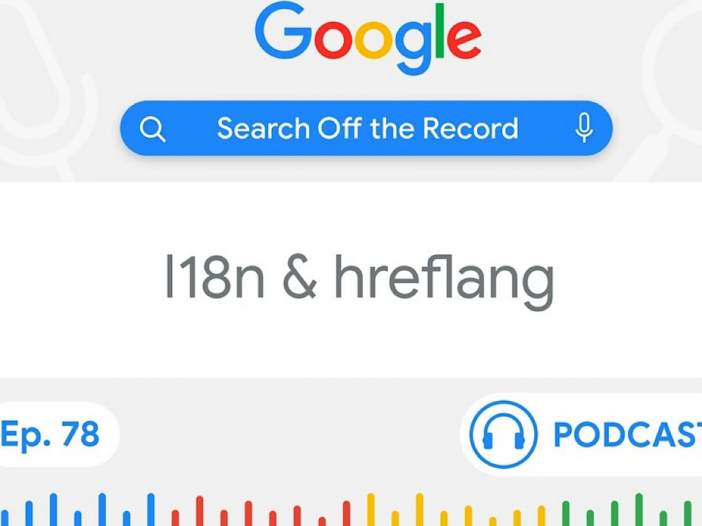
Join this leadership discussion for proven techniques to build long-term relationships and keep your clients coming back.
Discover the latest trends, tips, and strategies in SEO and PPC marketing. Our curated articles offer in-depth analysis, practical advice, and actionable insights to elevate your digital marketing efforts.
In this guide, industry experts explore the challenges and opportunities presented by the onslaught of AI tools, and provide actionable tips for thriving amid these shifts.
Discover the latest trends, tips, and strategies in SEO and PPC marketing. Our curated articles offer in-depth analysis, practical advice, and actionable insights to elevate your digital marketing efforts.
Join three of Reddit’s top executives in this exclusive AMA (Ask Me Anything) to discover how you can tap into Reddit’s unique platform to drive brand growth.
Join this leadership discussion for proven techniques to build long-term relationships and keep your clients coming back.
Google suggests ccTLDs could lose SEO value in years’ time due to creative branding use, urging focus on content and hreflang for international targeting.
In a recent episode of Google’s Search Off The Record podcast, the company’s Search Relations team hinted at potential changes in how country-code top-level domains (ccTLDs) are valued for SEO.
This revelation came during a discussion on internationalization and hreflang implementation.
Gary Illyes, a senior member of Google’s Search Relations team, suggested that the localization boost traditionally associated with ccTLDs may soon be over.
Illyes stated:
“I think eventually, like in years’ time, that [ccTLD benefit] will also fade away.”
He explained that ccTLDs are becoming less reliable indicators of a website’s geographic target audience.
According to Illyes, the primary reason for this shift is the creative use of ccTLDs for branding purposes rather than geographic targeting.
He elaborated:
“Think about the all the funny domain names that you can buy nowadays like the .ai. I think that’s Antigua or something… It doesn’t say anything anymore about the country… it doesn’t mean that the content is for the country.”
Illyes further explained the historical context and why this change is occurring:
“One of the main algorithms that do the whole localization thing… is called something like LDCP – language demotion country promotion. So basically if you have like a .de, then for users in Germany you would get like a slight boost with your .de domain name. But nowadays, with .co or whatever .de, which doesn’t relate to Germany anymore, it doesn’t really make sense for us to like automatically apply that little boost because it’s ambiguous what the target is.”
This change in perspective could have implications for international SEO strategies.
Traditionally, many businesses have invested in ccTLDs to gain a perceived advantage in local search results.
If Google stops using ccTLDs as a strong signal for geographic relevance, this could alter how companies approach their domain strategy for different markets.
However, Illyes also noted that from a marketing perspective, there might still be some value in purchasing ccTLDs:
“I think from a marketing perspective there’s still some value in buying the ccTLDs and if I… if I were to run some… like a new business, then I would try to buy the country TLDs when I can, when like it’s monetarily feasible, but I would not worry too much about it.”
As search engines become more capable of understanding content and context, traditional signals like ccTLDs may carry less weight.
This could lead to a more level playing field for websites, regardless of their domain extension.
Here are some top takeaways:
While no immediate changes were announced, this discussion provides valuable insight into the potential future direction of international SEO.
Listen to the full podcast episode below:
Matt G. Southern, Senior News Writer, has been with Search Engine Journal since 2013. With a bachelor’s degree in communications, …
Conquer your day with daily search marketing news.
Join Our Newsletter.
Get your daily dose of search know-how.
In a world ruled by algorithms, SEJ brings timely, relevant information for SEOs, marketers, and entrepreneurs to optimize and grow their businesses — and careers.
Copyright © 2024 Search Engine Journal. All rights reserved. Published by Alpha Brand Media.